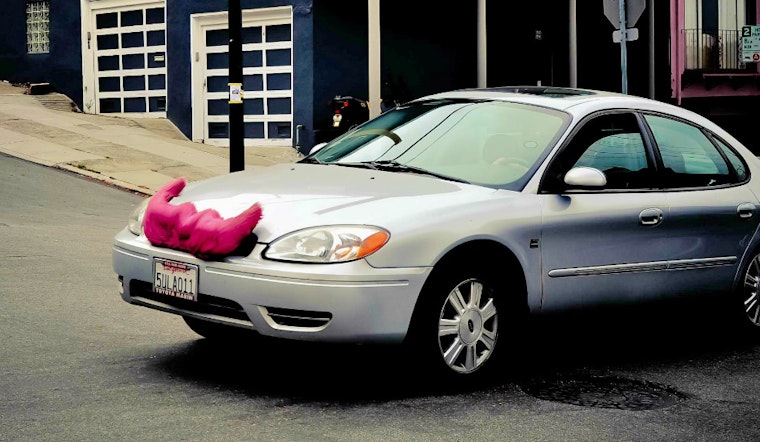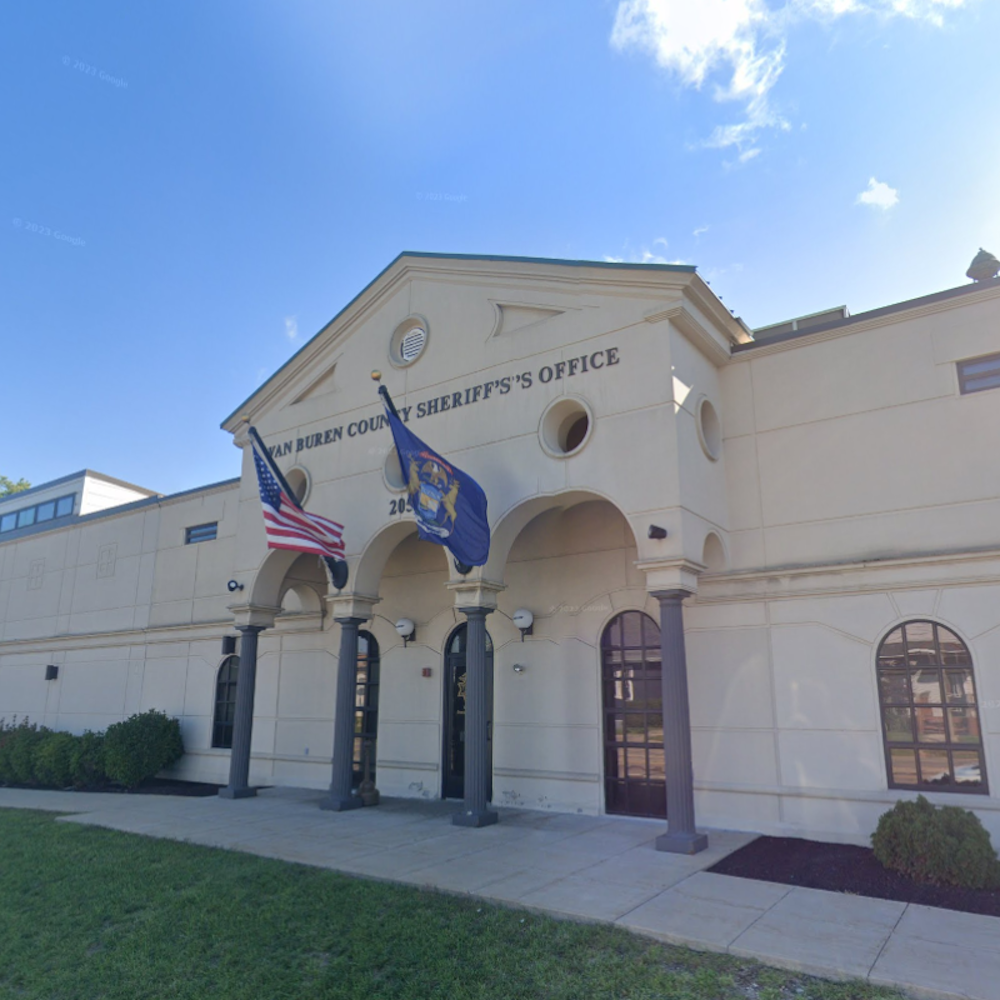
Last spring, the Haight Ashbury Neighborhood Council began holding a series of public meetings focused on the "sharing economy," intended to ask tough questions about whether the industry sector (broadly defined) is really as beneficial as it may seem at first glance.
In their initial press release last April about the meeting series, the neighborhood group questioned the nature of conveniences such as Airbnb and Lyft:
Illegality is embedded in all of these businesses. They consciously disregard current laws, consumer protection, health regulations, labor laws, and exploit their “non”-employees. At the same time, they are destroying “brick and mortar” businesses that have a physical site, pay taxes, have employees, and contribute to the local community ... Part of how the “sharing” economy works is that many people do make some money by renting a room, clothing, a parking space, etc. But these benefits actually accrue to only a few people, while externalizing the costs onto the public and privatizing the commons.
Since April, the media has caught up to HANC's position. Uber has been under scrutiny for skirting disability laws, and Airbnb has come under fire for creating ghost towns of empty short-term rental apartments.
This Thursday, June 11th at 7pm, HANC will be holding another meeting in the community room at the Page Branch library (1833 Page St.). This time, the focus will be on transportation network companies (TNCs) like Lyft and Uber. They've invited panelists Veena Dubal, an attorney and post-doc fellow at Stanford who has researched and written on the impact of TNCs on labor protections, and Bob Planthold, a long-time activist on transportation and disability issues and former member of the Metropolitan Transportation Commission’s Policy Advisory Council, to explain the hidden costs of TNCs.
Dubal and Planthold plan to discuss issues like lack of regulation, racism and verbal abuse from drivers, lack of accountability, and labor laws. As HANC's press release points out: "Ironically, TNCs came on the scene just as taxi workers were organizing through the National Taxi Workers' Alliance to gain rights such as collective bargaining, improved driver safety and reliable shift assignments. 'Ride-share' drivers lack even the limited protections that cab drivers have."
We asked HANC why this particular issue was one that they felt impacted the Haight, but didn't get a clear answer on why the neighborhood group has Lyft and Uber in the crosshairs. "The Haight-Ashbury in the 1960s and 1970s was a source of communal sharing and connection," last year's press release noted. "These values are now being used to cover the fortune-building by a few."
While HANC did note that they're concerned about the potential safety impact of TNCs, they believe "the big issue, in our minds, is the lack of accountability for the parent company. We feel drivers for TNCs are employees, and the companies that 'employ' them should be responsible for sick and annual leave, insurance, and vehicle upkeep. They should be on the hook when their employees are in accidents, just like any other company."
Even if you don't agree with HANC's position on the sharing economy at large, or on TNCs in particular, HANC's goal for the meetings is "for people to understand how many of these companies are connected, whether by funders or by business model ... we want people to recognize how participation in these companies/ventures has a larger impact on our neighborhoods and city."









